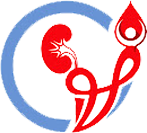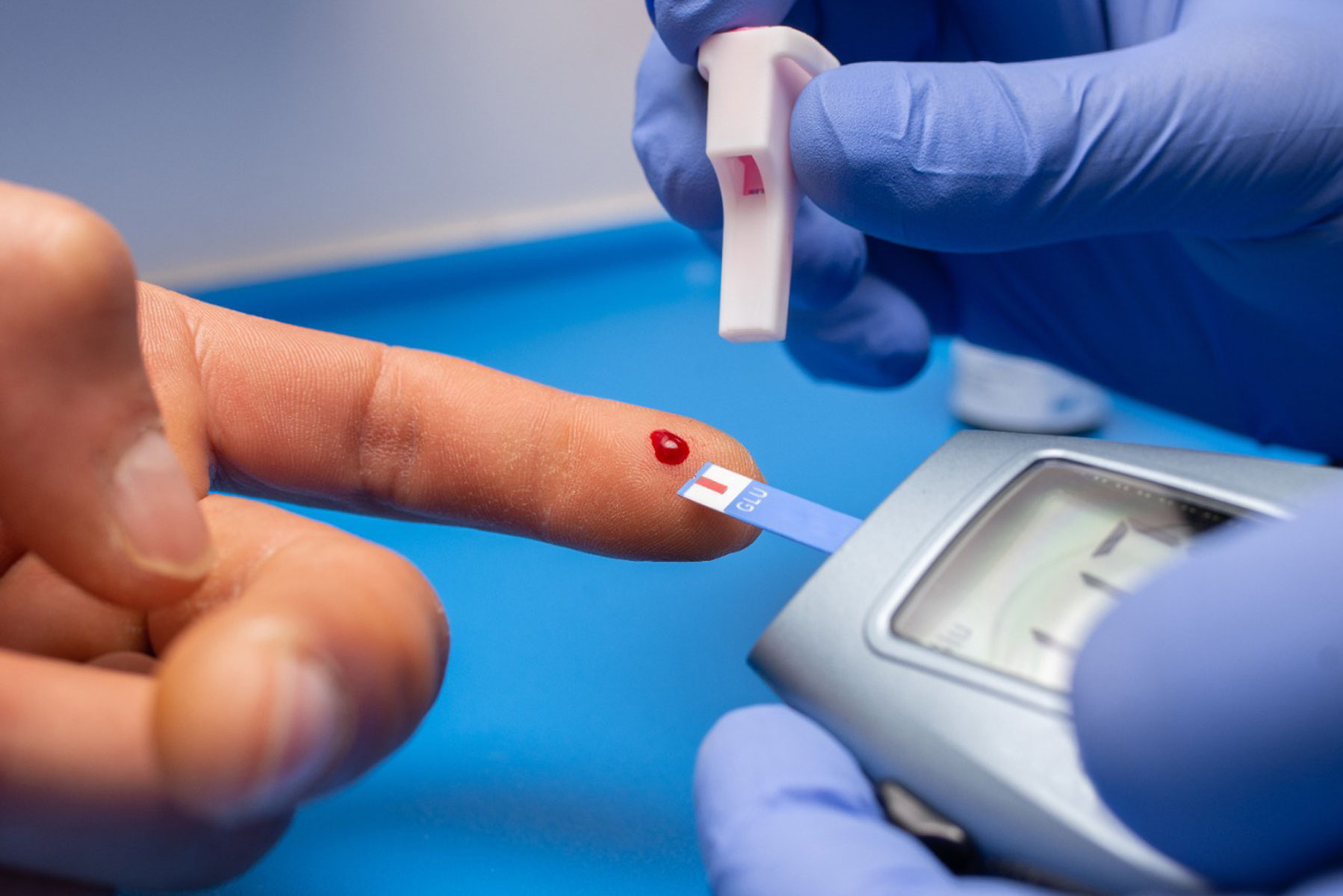


Diabetes is a condition where people don't produce enough insulin to meet their body's needs and/or their cells don't respond properly to insulin. Insulin is important because it moves glucose, a simple sugar, into the body's cells from the blood. It also has a number of other effects on metabolism.
The food that people eat provides the body with glucose, which is used by the cells as a source of energy. If insulin isn't available or doesn't work correctly to move glucose from the blood into cells, glucose will stay in the blood. High blood glucose levels are toxic, and cells that don't get glucose are lacking the fuel they need to function properly.
There are two main kinds of diabetes: type 1 diabetes and type 2 diabetes. More than 90% of all people with diabetes have type 2. Overall, more than 3 million Canadians have diabetes, and the number is rapidly rising. Over a third of people with type 2 diabetes are unaware they have the disease and are not receiving the required treatment because, for many people, early symptoms are not noticeable without testing.
Type 1 diabetes occurs when the pancreas cannot make insulin. Everyone with type 1 diabetes requires insulin injections. Most people are diagnosed with type 1 diabetes during their childhood or adolescent years. Type 1 diabetes occurs most commonly in people of northern European ancestry.
Type 2 diabetes occurs when the pancreas does not make enough insulin or the body does not use insulin properly. It usually occurs in adults, although in some cases children may be affected. People with type 2 diabetes usually have a family history of this condition and 90% are overweight or obese. People with type 2 diabetes may eventually need insulin injections.
Some of the signs and symptoms of type 1 and type 2 diabetes are:
Consultation With Prior Appointment Only